ICCT LCA study finds only battery and hydrogen fuel-cell EVs have potential to be very low-GHG passenger vehicle pathways
Green Car Congress
JULY 21, 2021
The ICCT has conducted a comprehensive global and temporal life-cycle assessment of GHG emissions from a variety of alternative passenger car powertrains and fuels. This study considers the fuel and electricity consumption in average real-world usage instead of solely relying on official test values.



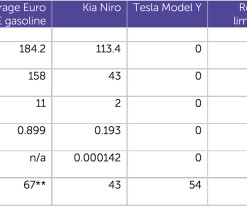





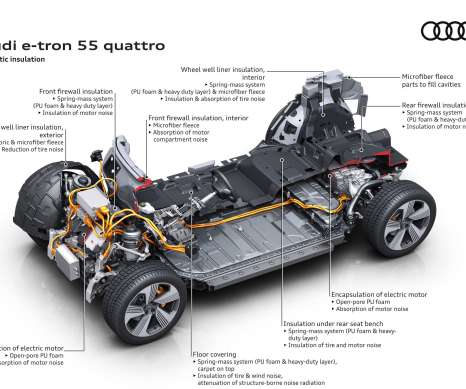

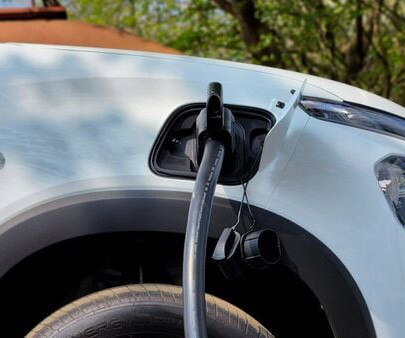






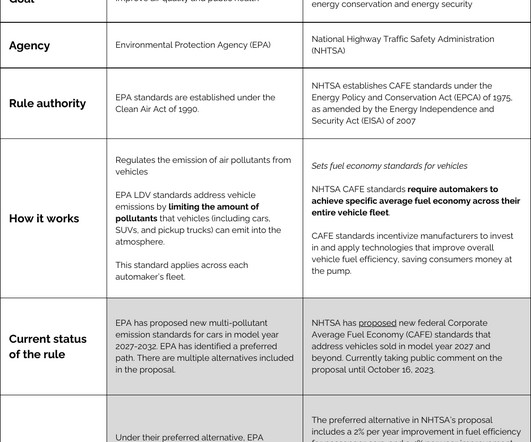









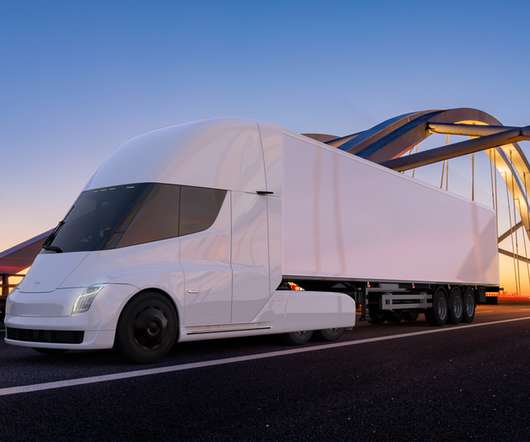

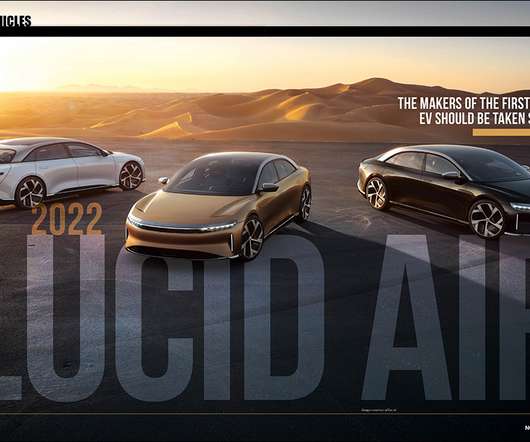









Let's personalize your content